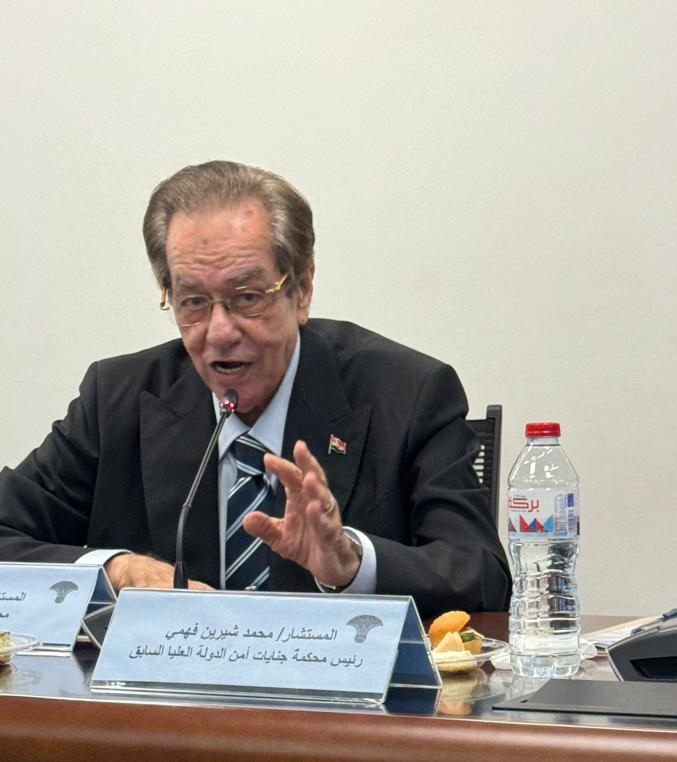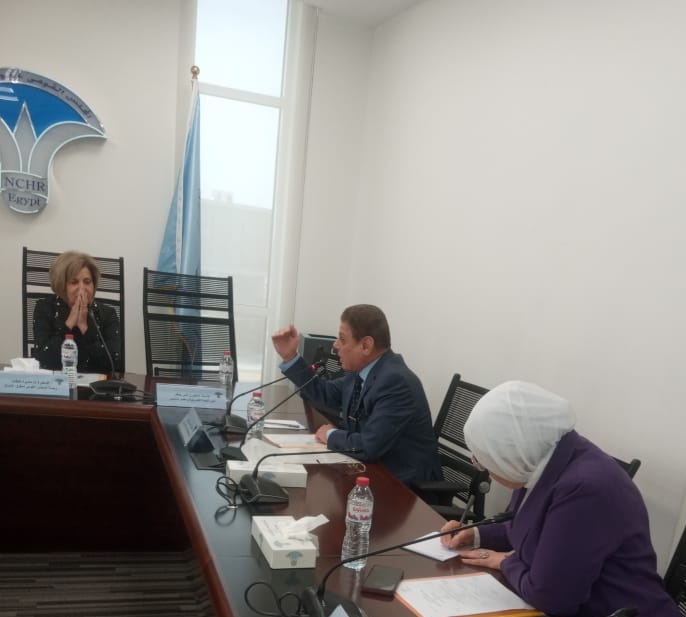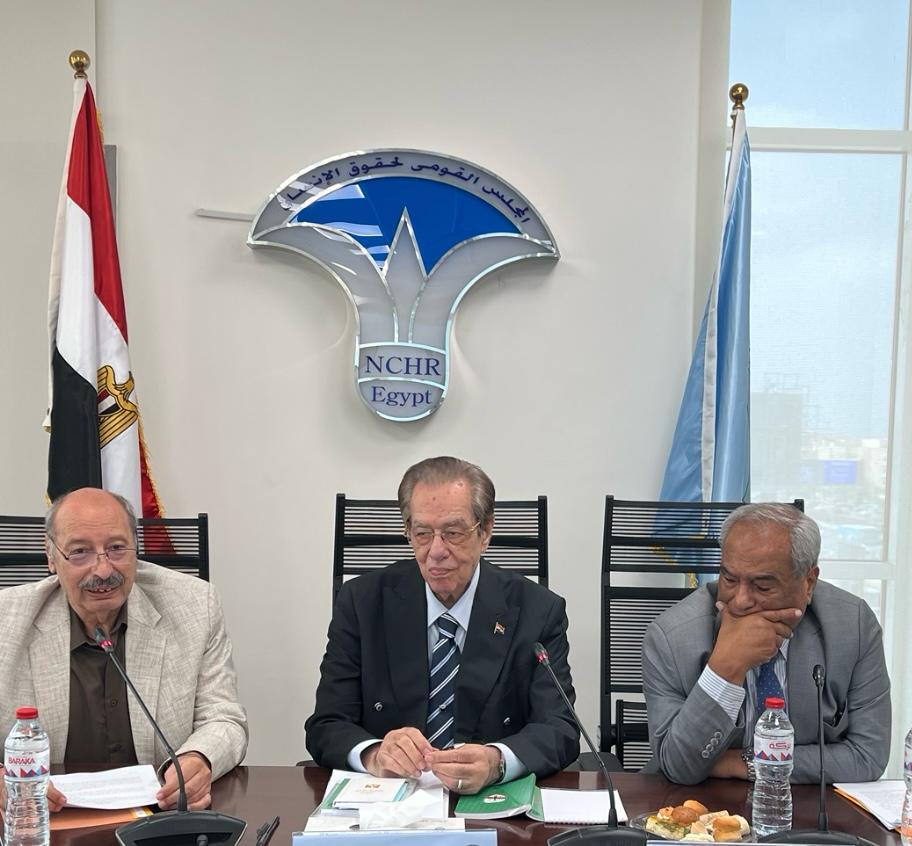NCHR holds broad seminar on death penalty application
As part of its commitment to ensuring that national legislation aligns with international standards and the Egyptian Constitution, the National Council for Human Rights (NCHR), under the chairmanship of Ambassador Dr. Moushira Khattab, convened a high-level seminar entitled "Reducing the Application of the Death Penalty". This event is part of the Council’s ongoing initiatives to strengthen the human rights framework in Egypt.
Organized by the NCHR’s Legislative Committee, the seminar comprised three specialized sessions addressing various dimensions of the death penalty. It brought together a distinguished group of former judges, legal experts, academics, and a wide range of human rights researchers and stakeholders.
The first session, led by Counselor Adly Hussein, former President of the Criminal Courts, focused on "The Death Penalty: Between Retention and Abolition", exploring its legal and human rights implications. The second session addressed "The Death Penalty in Egyptian Legislation", with contributions from Dr. Shawky Salah, Professor of Law at the Police Academy, and Counselor Dr. Michel Hakim from the Ministry of Justice’s Technical Office. Both speakers examined the legislative framework and possible avenues for reform. The third session, entitled "The Role of the Judge in the Imposition of the Death Penalty", featured Counselor Mohamed Sherine, also a former President of the Criminal Courts, who emphasized the need to strengthen judicial safeguards in capital cases.
The seminar concluded with a set of key recommendations, foremost among them:
The necessity of reviewing Egypt’s penal legislation to ensure conformity with international human rights standards;
Limiting the application of the death penalty strictly to the most serious crimes, in line with international instruments;
Abolishing the death penalty for crimes of a political or economic nature and replacing it with custodial sanctions.
This seminar forms part of the NCHR’s broader efforts to promote inclusive dialogue—both societal and legislative—on the future of the death penalty in Egypt and reaffirms the State’s commitment to the protection of the right to life and the advancement of criminal justice in accordance with international norms.





 English
English
 Arabic
Arabic
 French
French




